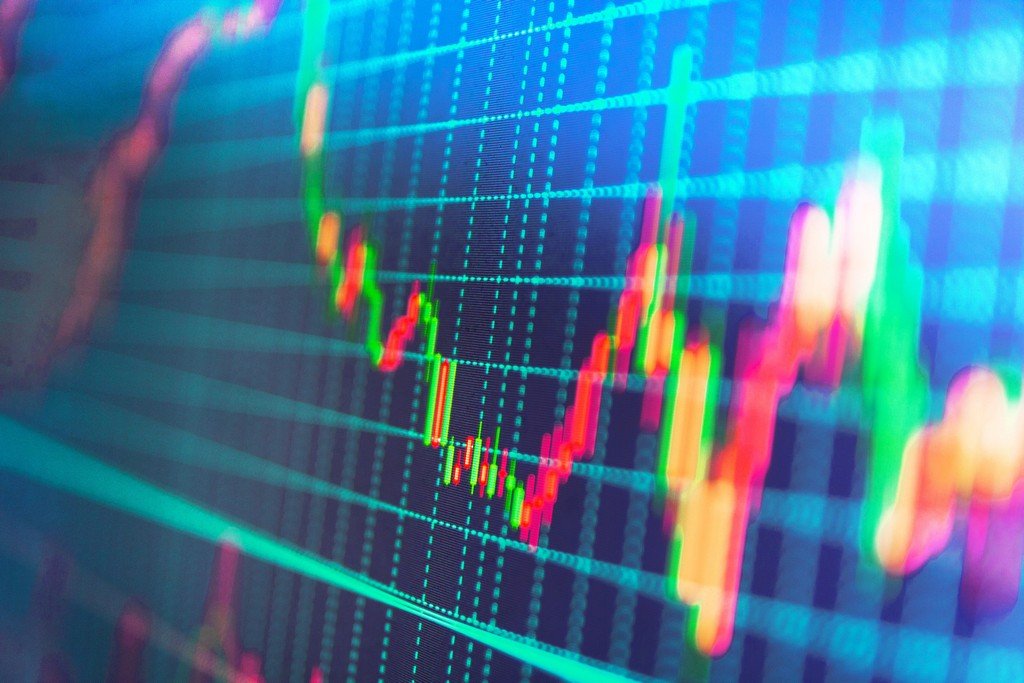The European Union is due to propose an unprecedented overhaul to its carbon market this week, seeking to put a price on shipping emissions for the first time. And the region’s shipowners are deeply concerned. The European Commission, the EU’s executive arm, is set to present its green fuel law for EU shipping on Wednesday. It is part of a broader package of reforms designed to meet the bloc’s updated climate targets.
To be sure, the EU has committed to reducing net carbon emissions by 55% (when compared to 1990 levels) through to 2030, becoming climate neutral by 2050. The EU says this will require a 90% reduction in transport emissions over the next three decades. To meet these targets, the EU plans to undergo the biggest revamp of its Emissions Trading System since the policy launched in 2005. Already the world’s largest carbon trading program, the ETS is now widely expected to expand to include shipping for the first time.
Shipping, which is responsible for around 2.5% of global greenhouse gas emissions, is seen as a relatively difficult industry to decarbonize because low-carbon fuels are not widely available at the required scale. Soren Toft, chief executive of the Mediterranean Shipping Company, the world’s second-largest container carrier, has also criticized the EU’s proposal. Speaking to The Financial Times last month, Toft warned the proposals would have the opposite effect of their intentions in the absence of readily available low-carbon fuels.
What’s more, it is not just the shipping industry that has voiced opposition to the EU’s plans. Transport & Environment described the leaked draft of the commission’s proposal as “an environmental disaster,” arguing the policy does not incentivize investment in low-carbon fuels such as renewable hydrogen and ammonia. Instead, it argues the proposal promotes liquefied natural gas and “dubious” biofuels as an alternative to marine fuel oil. Higher carbon prices would likely raise questions about the competitive decisions shipping firms take around fuel choice and in turn depend on how carbon emissions in fuels are accounted for, Kramarchuk said.
The world’s largest carbon market is set for a historic revamp. Europe’s shipowners are concerned, CNBC, Jul 12
